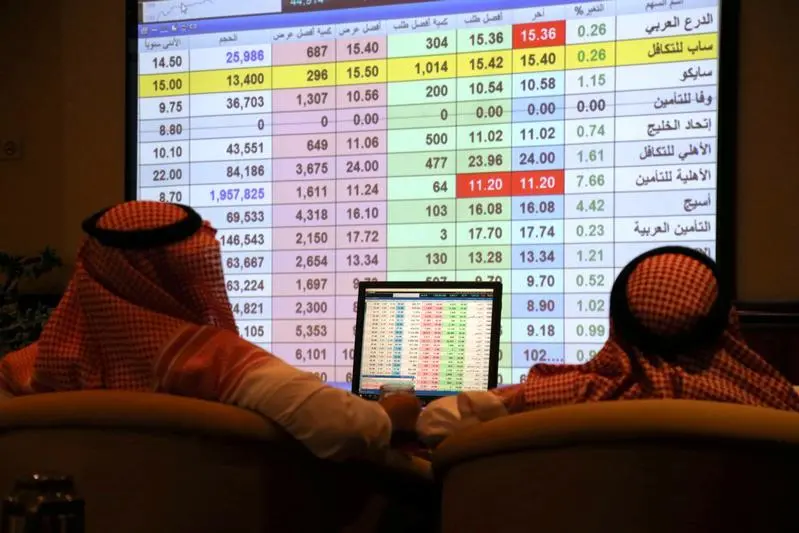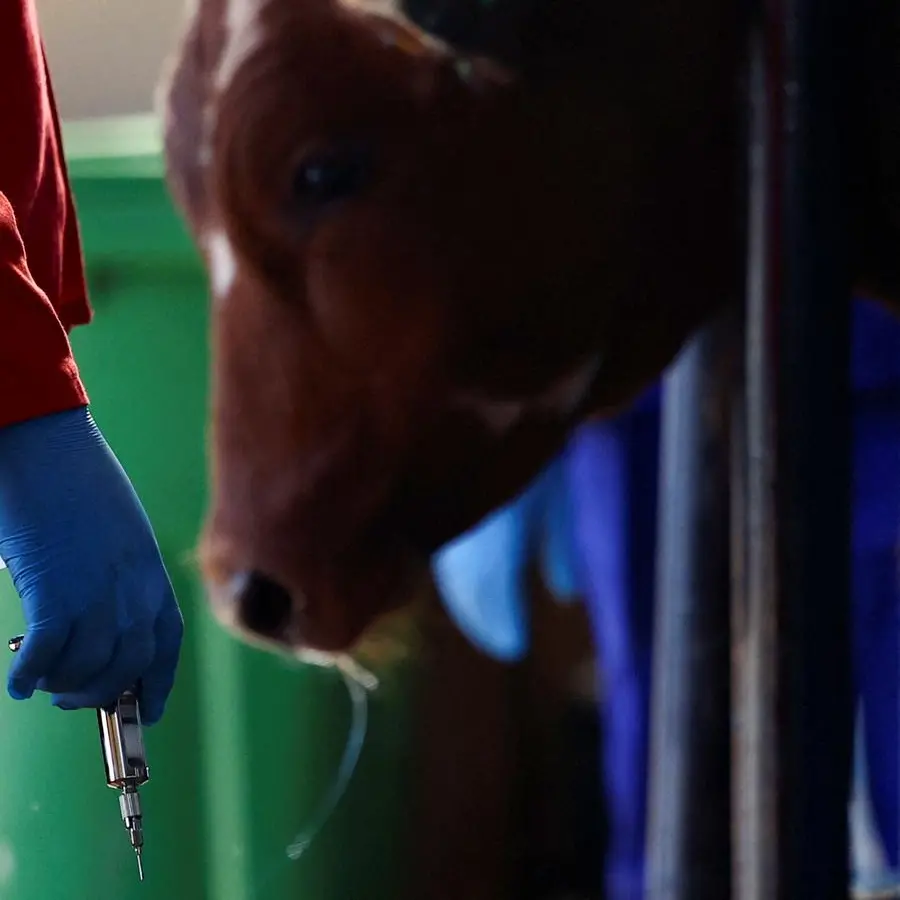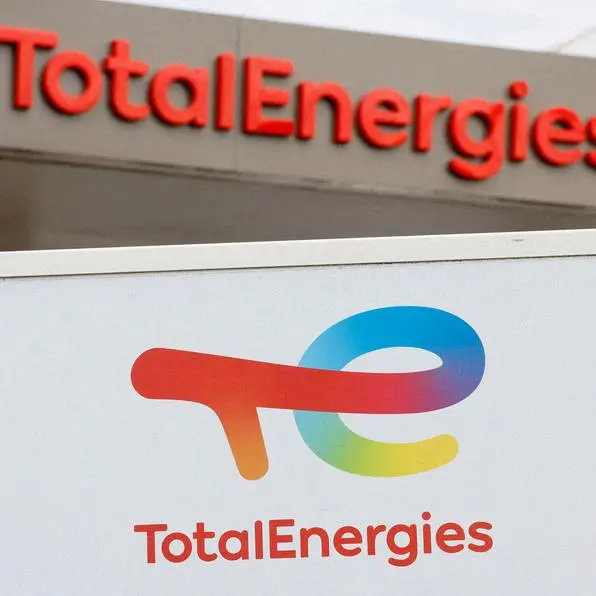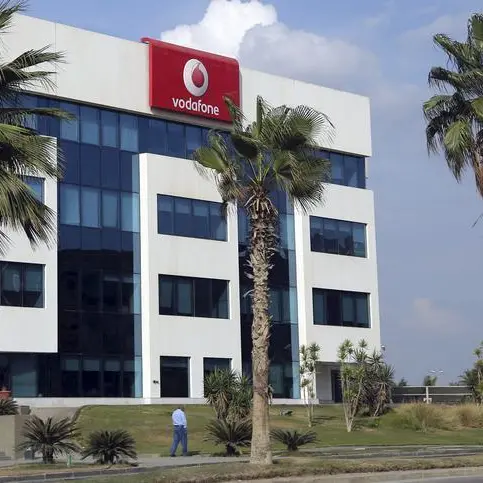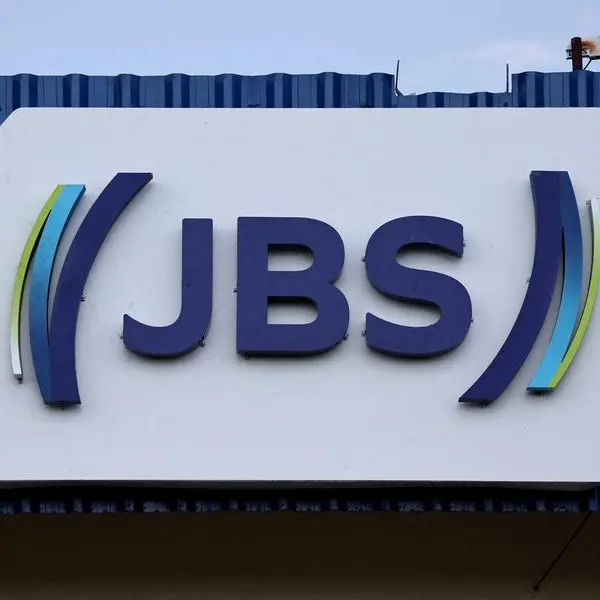PHOTO
Major stock markets in the Gulf mostly rebounded on Sunday, after declining in the previous session, but falling oil prices continued to weigh on Saudi Arabia where the benchmark index extended losses.
In Abu Dhabi, the index gained 0.6%, with the country's largest lender First Abu Dhabi Bank rising 0.8% and telecoms firm Etisalat advancing 0.9%.
Among other gainers, Abu Dhabi National Oil Company for Distribution climbed 2% following its inclusion in the FTSE Emerging Markets Index.
The changes will be effective from after the close of business on Sept. 17.
Abu Dhabi, the second-most populous emirate in the United Arab Emirates, on Thursday ended a partial lockdown imposed last month as part of efforts to prevent the spread of COVID-19 variants.
The benchmark index in Saudi Arabia, the world's largest oil exporter, fell 0.6%, weighed down by a 0.8% fall in Al Rajhi Bank and a 1.8% drop in Riyad Bank.
Elsewhere, Saudi Arabian mall operator Arabian Centres retreated 0.7% after posting a decline in quarterly net profit.
Oil prices closed out their biggest week of losses in more than nine months with another down day on Friday, as investors sold futures in anticipation of weakened fuel demand worldwide due to a surge in COVID-19 cases.
Dubai's main share index was up 0.9% on Sunday, led by a 1.2% gain in sharia-compliant lender Dubai Islamic Bank and a 1% increase in blue-chip developer Emaar Properties.
The Qatari index rose 0.2%, with Qatar Islamic Bank and Commercial Bank rising 1.6% and 1.7% respectively.
The Gulf state's cabinet approved increasing the percentage of non-Qatari ownership in the capital of Qatar National Bank, Qatar Islamic Bank, Commercial Bank and Al Rayan Bank to 100% — a move that could attract more liquidity to the bourse.
(Reporting by Ateeq Shariff in Bengaluru; Editing by Susan Fenton) ((AteeqUr.Shariff@thomsonreuters.com; +918061822788;))
